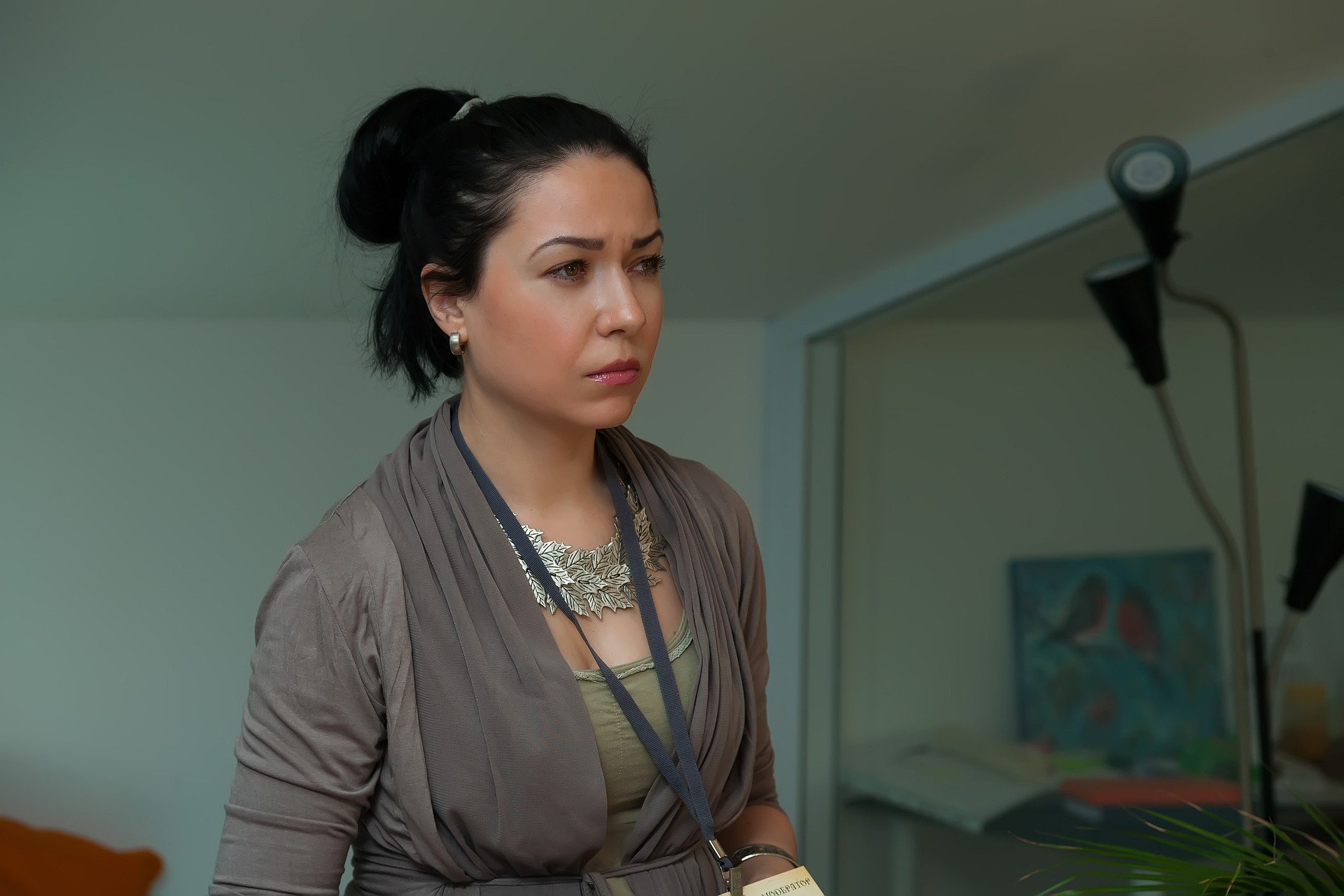If your loved one shows any of these warning signs, it’s imperative that you help them seek addiction treatment help.
7 Signs Your Loved One Needs Narcotic Addiction Treatment
If you have been concerned that your loved one may be abusing narcotics to the point of addiction, below are some signs that you should get them into treatment right away. Call 800-934-1582(Sponsored) now to find rehab centers that will help your loved one end their abuse of narcotics as soon as possible.
1. Secretive Behavior
According to the National Library of Medicine, “Secretive behavior to hide drug use” is one of the most common symptoms of addiction. Your loved one likely knows their opioid abuse is dangerous and that the important people in their life do not approve. Still, they will continue abusing narcotics because they are no longer in control of this act.
2. Physical Side Effects
It is common for heavy opioid abusers to show signs of or experience:
- Sleepiness or drowsiness
- Confusion
- Constipation
- Nausea and vomiting
- Itching
These side effects can become serious over time and likely will not end until your loved one gets the treatment they need.
3. Apathy
Drug addicts often become apathetic toward the other activities and aspects of their lives that used to be important to them. If you see your loved one begin to lose interest in all the things that were once important to them, this is a strong sign of addiction.
4. Withdrawal Symptoms
According to the National Institute on Drug Abuse for Teens, “opioid withdrawal can cause:”
- Restlessness
- Muscle and bone pain
- Sleep problems
- Diarrhea
- Vomiting
- Cold flashes with goose bumps
- Involuntary leg movements
If your loved one begins to experience these issues, which are often similar to an extremely bad case of the flu, they are withdrawing from opioids and will require professional detox treatment immediately.
5. Work or School Problems
Your loved one may
- Start to miss school or work regularly
- Become reprimanded often for late work, decreased performance, etc.
- Get fired, suspended, or expelled for abusing drugs at work or school or for another issue associated with their substance abuse
This is a severe sign that something is wrong and that their drug abuse is no longer controlled, as it is bleeding into their professional life. They will require long-term, professional addiction treatment in order to learn better behaviors that will help them avoid issues like this in the future.
6. Drug Paraphernalia
The abuse of opioids is associated with certain types of paraphernalia. You may want to search your loved one’s apartment, home, or bedroom for these. For example, finding empty pill bottles as well as blank prescription pads can point to a prescription narcotic addiction. Finding tubing, needles, spoons, and pieces of foil can point to heroin abuse.
7. Mood Swings
Abnormal moods or mood changes that seem to occur out of nowhere are a strong sign of opioid abuse. Like every other aspect of the individual’s life, narcotics can affect mood negatively, causing severe issues for the addict and you, their loved one.
Find Addiction Treatment Now
Call 800-934-1582(Sponsored) to locate safe, reliable rehab centers where your loved one can recover from narcotic abuse and addiction. You both deserve to lead happier, healthier lives, and with our help, you can find a program that will allow your loved one to make a change to their behavior that will benefit both them and you.
the Take-Away


